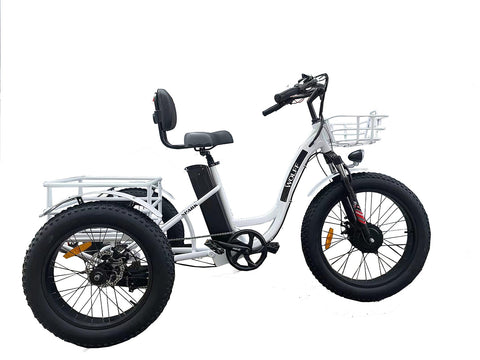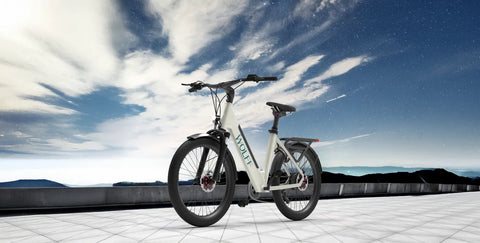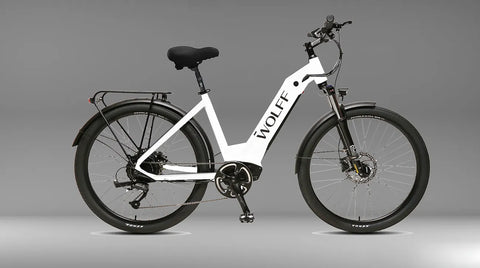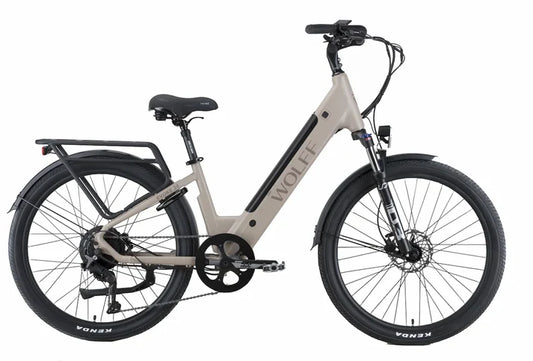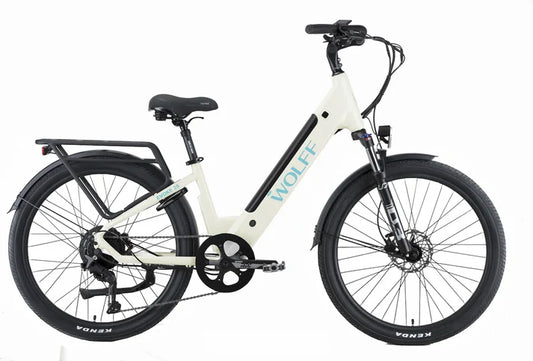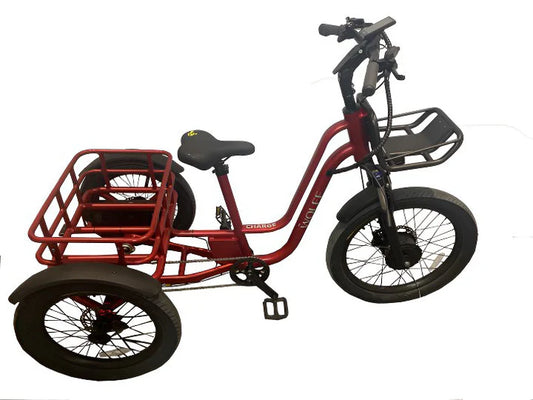Solar-Powered Electric Bikes: Reality or Fantasy?
With the increasing focus on sustainable and eco-friendly transportation options, the concept of solar-powered electric bikes has started to gain traction. But are these bikes a practical reality or just a futuristic fantasy? Let's delve into the details to understand how feasible and efficient solar-powered electric bikes truly are.
How Do Solar-Powered Electric Bikes Work?
Solar-powered electric bikes are equipped with solar panels that are usually integrated into the design of the bike. These panels harness sunlight and convert it into electricity, which is then stored in a battery. The battery powers an electric motor that assists the rider while pedaling or can even propel the bike forward without pedaling, depending on the model and design.
The Pros of Solar-Powered Electric Bikes
- Environmentally Friendly: Solar-powered electric bikes produce zero emissions, making them a clean transportation option that helps reduce air pollution and combat climate change.
- Cost-Efficient: By harnessing solar energy, riders can reduce their reliance on conventional electricity sources, potentially saving money in the long run.
- Energy Independence: With a solar-powered electric bike, riders can charge their bikes using sunlight, providing a level of energy independence and freedom from traditional power outlets.
- Zero Operating Costs: Once the initial investment is made, solar-powered electric bikes have minimal operating costs since sunlight is free and abundant.
The Challenges of Solar-Powered Electric Bikes
While the concept of solar-powered electric bikes is promising, there are certain challenges that need to be addressed for widespread adoption:
- Limited Range: Solar panels on bikes are relatively small, which limits the amount of energy that can be generated and stored. This can result in a limited range for the bike.
- Weather Dependency: Solar energy generation is dependent on sunlight, which means that overcast days or nighttime can affect the bike's ability to charge effectively.
- Initial Cost: Solar-powered electric bikes can be more expensive upfront compared to traditional electric bikes, primarily due to the cost of the solar panels and battery technology.
- Weight Considerations: Solar panels and battery systems add weight to the bike, which can impact the overall performance and ride quality.
Are Solar-Powered Electric Bikes Worth Considering?
Despite the challenges, solar-powered electric bikes offer a promising and eco-friendly transportation solution for those looking to reduce their carbon footprint and embrace sustainable living. If you have easy access to sunlight, are conscious of the environment, and are willing to invest in a greener mode of transportation, then a solar-powered electric bike could be a viable option for you.
Before making a purchase decision, it's essential to assess your daily commuting needs, the availability of sunlight in your area, and your budget. Additionally, consider the infrastructure for charging and maintaining a solar-powered electric bike to ensure a seamless riding experience.
While still evolving, solar-powered electric bikes represent a step towards a more sustainable future in the realm of personal transportation. As technology advances and more innovations are made in solar energy and electric bike design, we can expect to see further improvements in the efficiency and practicality of solar-powered electric bikes.

